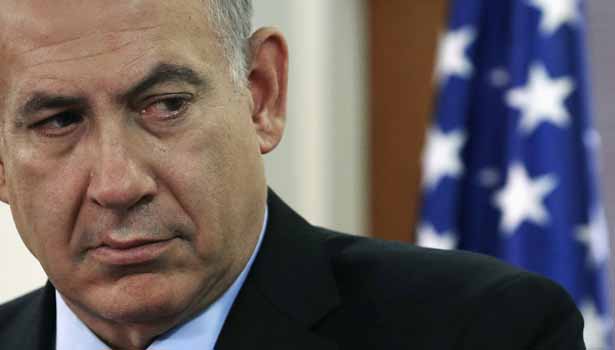Almost everyone seems to agree that the Iranian nuclear weapons project should be stopped. Preferably through economic sanctions against Iran, but if that doesn’t work, then military means will have to be used. But if a military operation is required, should it be carried out by the United States or Israel? Everyone in Israel seems to prefer that the operation be carried out by the United States, but what if the Americans delay in making a decision?
That’s where the disagreement begins: Should Israel go ahead on its own, without U.S. approval, should it wait for U.S. approval before taking action, or should it just leave things to the United States, trusting that the Americans will take the necessary action at the appropriate time?
No matter who strikes first Israel’s civilian population will be subjected to tens of thousands of rockets launched from Lebanon by Hezbollah in retaliation for a military strike against Iran. Hezbollah’s response – on orders from Tehran – can be considered a certainty. But the extent of the damage caused to life, limb and property in Israel is not at all certain.
The defense minister estimates that no more than 500 civilians will die. This is exceedingly difficult to estimate. It is probabilistic by nature, and no estimate is likely to be accurate. But it is no more than a guess.What is certain is that we are facing a real danger to our civilian population. Hizbullah’s rockets are the Iranian nuclear project’s first line of defense. Is it not reasonable to attack that first line of defense before doing anything else? Should it not be made clear to one and all that Hizbullah’s armory of rockets in Lebanon must be dismantled? They are a weapon of terror, pure and simple, and they now stand guard over the preparation of the worst terror weapon of all – an Iranian nuclear bomb. If all agree that the world will not accept the existence of an Iranian nuclear weapon, will it agree to the continued existence of the first line of defense guarding that weapon?
And so, whether it is the United States that ends up taking military action against Iran, or Israel with U.S. support, or Israel on its own, Hizbullah’s rockets in Lebanon will have to be dealt with by Israel. Nobody else will do the job for us. U.S. support would be nice to have, but it is not essential.
Here, too, as in the case of the Iranian nuclear project, it would be preferable to do this without resorting to military action. The majority of Lebanon’s citizens are almost as interested as Israel is in dismantling Hizbullah’s armory of rockets. And Hizbullah, a terrorist organization and a supporter of Bashar Assad in Syria, has few friends aside from Iran in the world. A public campaign can be launched to send them the message that they must dismantle their rocket armory. It would exert pressure on them from other quarters of the world. And if that doesn’t work, there remains the military option. It is going to take some preparation, but it can be done. It needs to be done. First things first.







